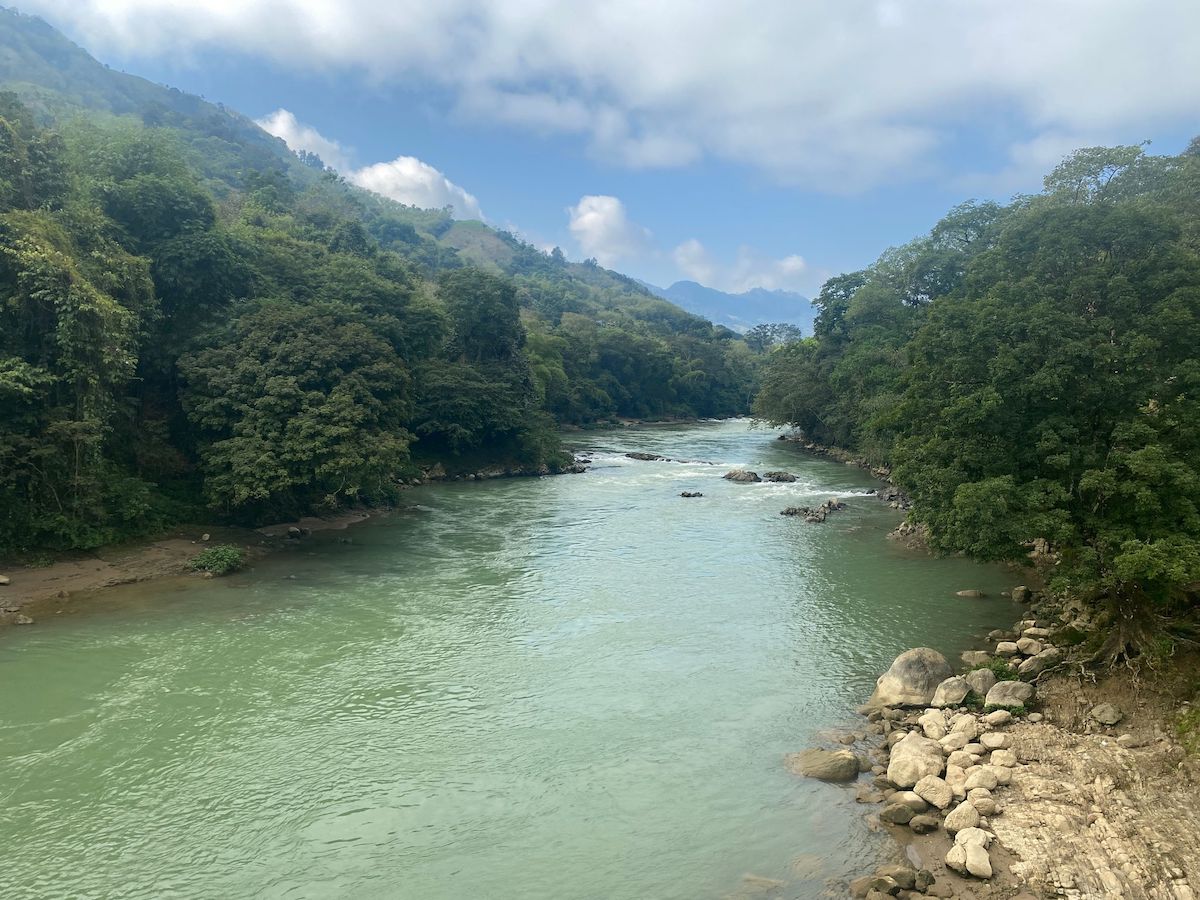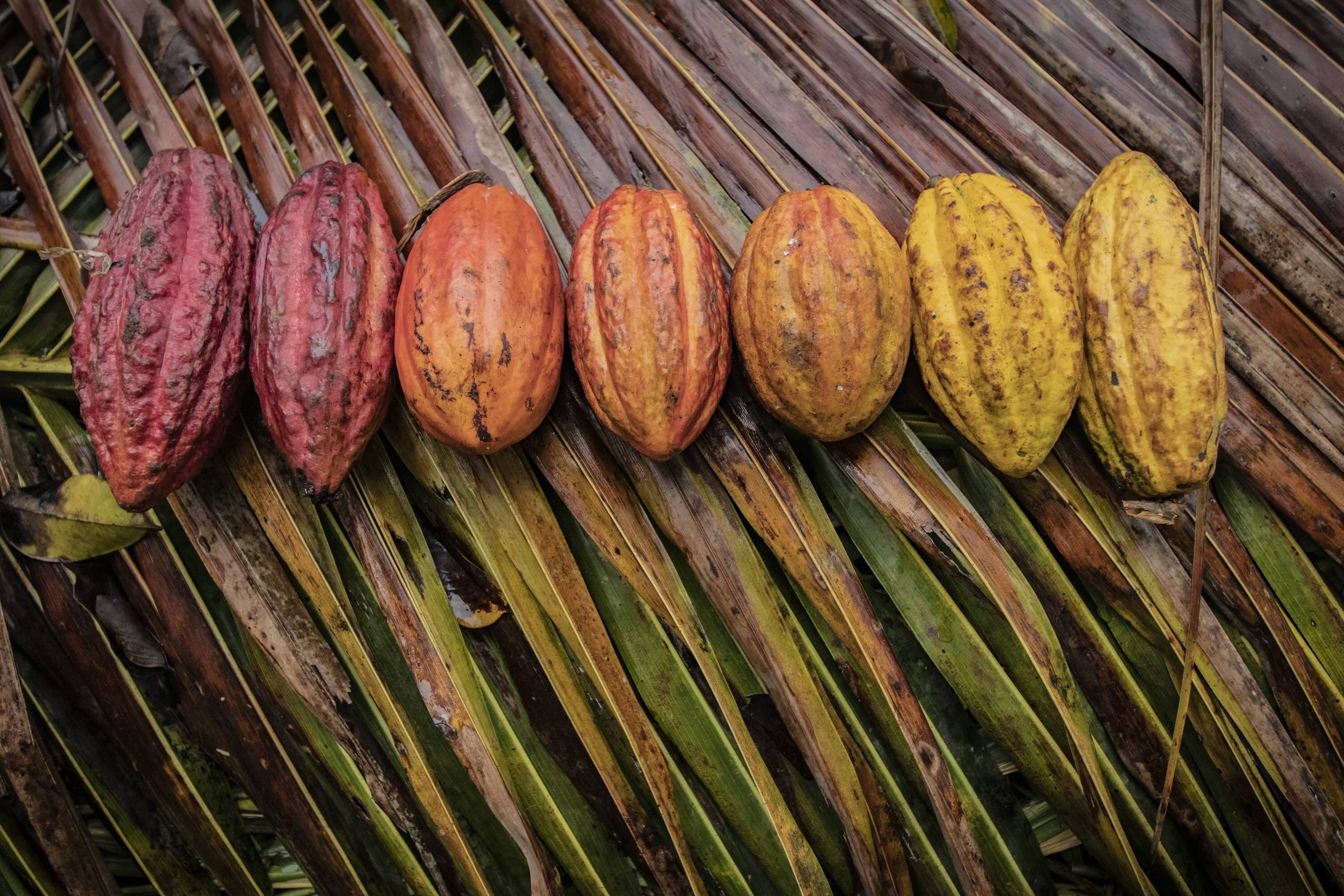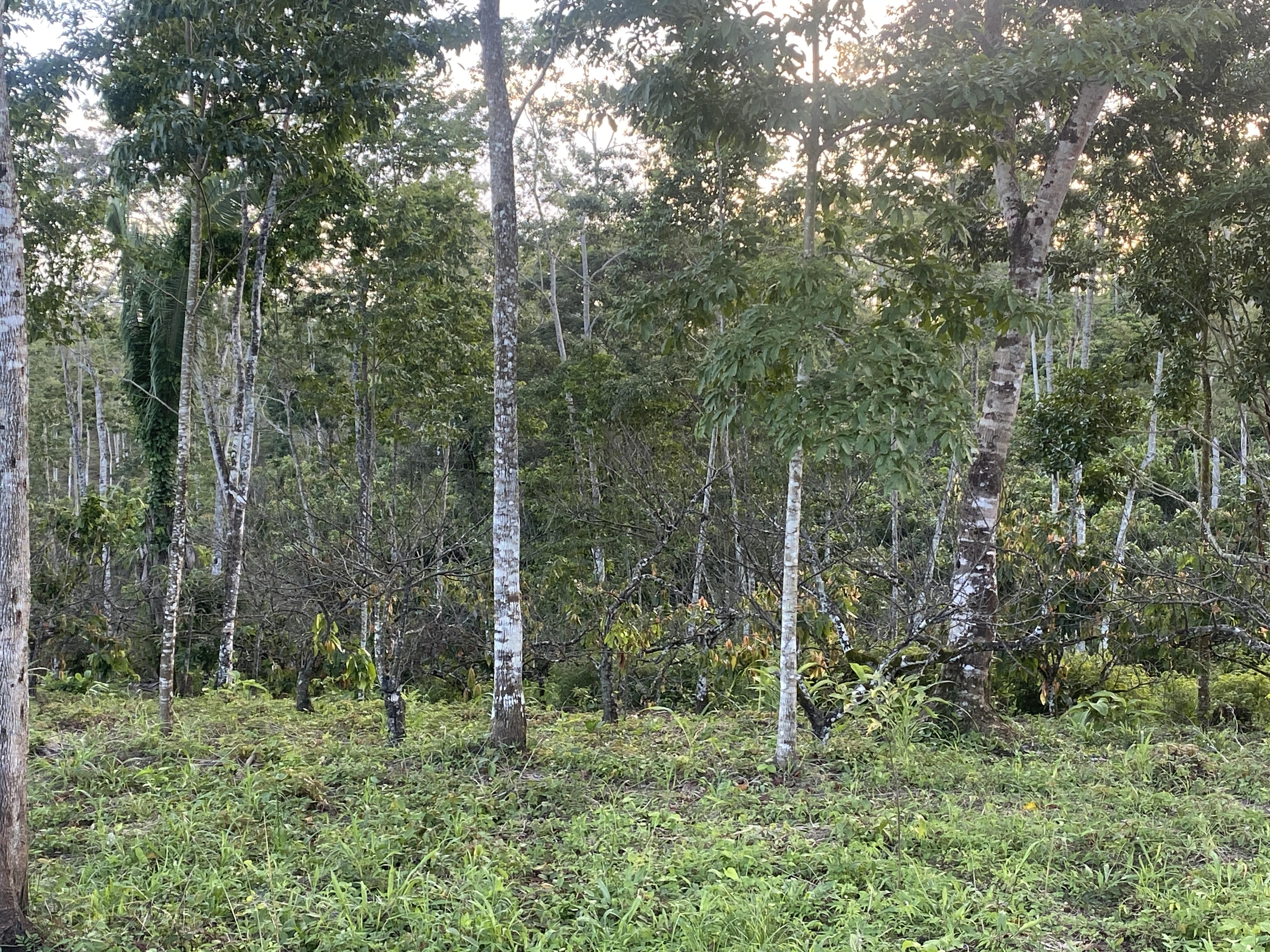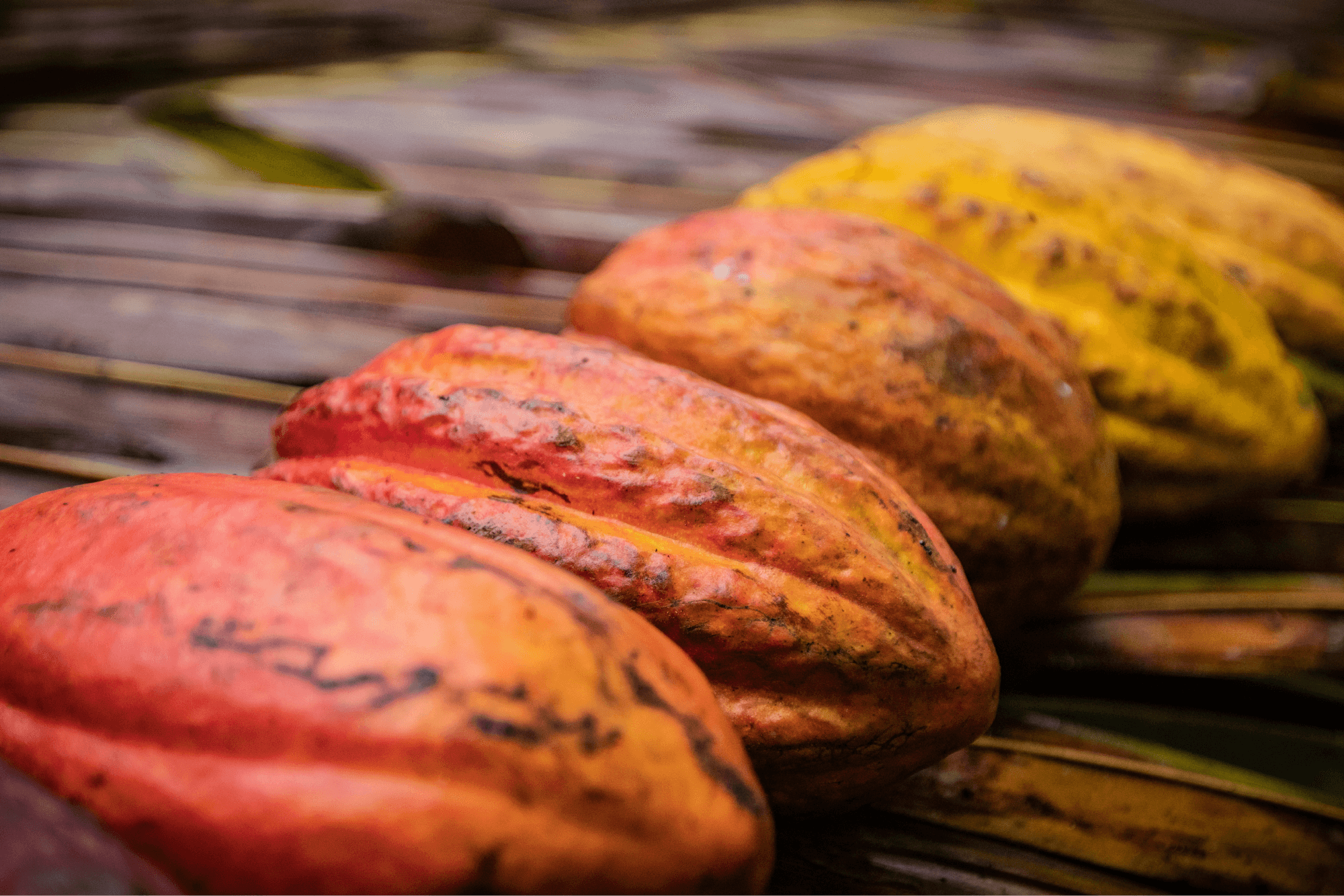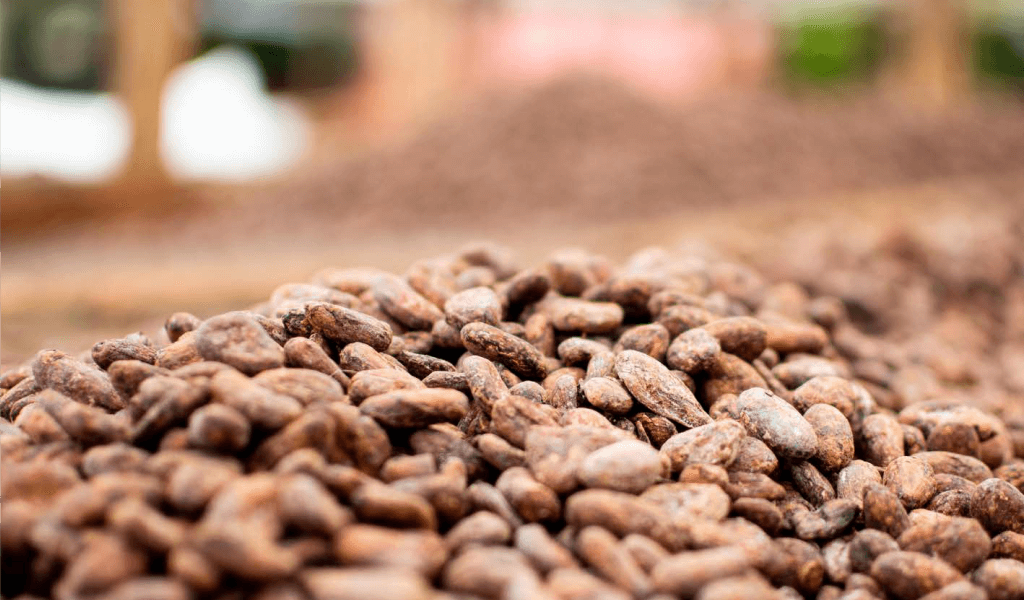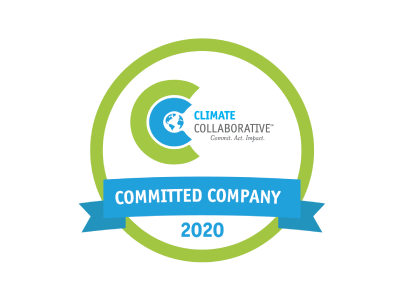Dear friends,
When we started Cacao Verapaz in Guatemala in 2014, the country had not exported cacao in over a decade. Fermentation and drying centers had been sitting abandoned in rural villages across Alta Verapaz, built by grant projects over past decades but never used. The only option for farmers that had planted their agroforestry plots using high quality cloned genetics in the 1980’s was selling washed cacao at low prices to informal intermediaries. The opportunity for both business and impact was enormous.
We incorporated Cacao Verapaz S.A. in 2014 with the vision to connect smallholder growers from Guatemala with the burgeoning bean-to-bar chocolate market in the U.S. and beyond. Our goal was to support producer associations in achieving quality targets of craft chocolate through skilled centralized fermentation and drying, and to certify any willing farms and associations as organic. Cacao Verapaz was to add value by developing these skills among producers, managing finance and logistics of the local value chain, and aggregating cacao from a half dozen+ associations for quality control, sorting, bagging, and export to buyers globally.
By 2020, we had achieved our vision. We were closing out a record-breaking year of production at the associations, selling over 100 tons from Lachuá, Ademayach, and ADIOESMAC, most of which was organic certified. Dozens of chocolate makers globally had started working -- and falling in love -- with Guatemalan cacao. The business was (very meagerly) profitable. The CV team, association leaders, and producers were working together in high spirits to navigate the myriad challenges brought by the pandemic.
But hurricanes Eta and Iota ravaged Alta Verapaz in December of 2020 just before pods were to be harvested, reducing 2021 production by 30%+ across the region. In 2022, the farms started to recover, only to be rocked by drought and relentless heat in 2023 and 2024. Cacao Verapaz actively worked to support climate resiliency and improved productivity on farms as the primary implementation partner of the MOCCA project in Guatemala starting in 2020, constructing rustic irrigation systems, conducting dozens of trainings and workshops on organic fertilizers and farm management, and providing hands-on technical assistance across hundreds of farms. Increases looked promising at one time, but the timing of El Niño eliminated productivity gains as the farms became further stressed and under-resourced. Production at the associations decreased every year since 2021, and we missed our production targets by over 60% in 2023.
Alongside this generally declining production, the number of actors interested in buying cacao from Guatemala increased dramatically – from organic multi-crop cooperatives in the region with access to significant philanthropic funding, to intermediaries from neighboring Mexico seeking washed cacao to make up for crop losses in their own country. Declining production, increased competition for raw cacao, and expensive operating costs meant the business lost money each year and struggled to find its footing.
Not surprisingly, some cacao producers themselves were struggling as well due to persistent low yields, and in some cases chose to leave their remote villages, trusting the care of their farm to others in their family or community. In some villages where we source, over 30% of the men have migrated to the United States over the last few years. The shortage of available labor to maintain and harvest has been yet another challenge faced by the communities and cacao value chain in Alta Verapaz.
At the end of 2023, I traveled to Guatemala to take stock of the situation alongside our team and see if there was a future business that we could all believe in for 2024. Ultimately, it became clear that production would not increase this year, and it was unrealistic to expect we would start covering our costs, thus making it unsustainable for us to have a business in Guatemala. We decided to start winding down the business operations.
Our primary goal throughout this wind down process has been to ensure continuity of sales for the producers from whom we source and continuity of supply for the chocolate makers who depend on these beans. I visited the associations of Lachuá and Ademayach in January of 2024 to share the challenges we were facing and determine the best path forward. FundaLachuá, the organization coordinating activities and business for all the associations of the Lachuá region, had finalized the establishment of their private sector arm just a few months prior, and was ready to step in. Together, we all agreed that FundaLachuá would be the aggregator, exporter, and organic certified body representing these associations moving forward.
We sold the new post harvest facility (Acopio) we had just built in Cahabón to a Fair Trade Organic (FTO) cooperative, who took over the operations of the Acopio as well as the organic certification of 200+ producer families who had become certified through Cacao Verapaz. We are already starting to plan quality evaluations and volumes with them for the 2025 crop.
The 2024 season presented new challenges as the cocoa market skyrocketed to quadruple historical trading prices, and with climate-change-exacerbated El Niño even further impacting productivity on farms, associations struggled to purchase cacao. We have had to revise downward twice the contracts we signed with FundaLachuá, Uncommon Cacao prefinanced 100% of their purchased inventory so they could stay competitive, and we are still awaiting the final tallies on tonnage that we will be importing into both Europe and the US. We have not been able to secure more Acopio beans this year.
We are hopeful for an improved crop in 2025, but extreme heat and wildfires are posing longer-term impacts. As Uncommon Cacao, we will continue to be involved and as supportive as possible to our partners in seeking a sustainable path forward.
The Cacao Verapaz team have all moved on now to other endeavors, although I am thrilled to say that almost all are continuing to work within the cacao and chocolate industry. Teddy Ruiz has his own chocolate company which is hoping to export internationally; Roy Fraatz is working with the FTO cooperative on cacao quality and post harvest; Nikte’ Cu is supporting FundaLachuá with cacao sample processing and evaluation. We look forward to continuing working with all three of them in new ways, and I am so grateful for their cooperation and support during this difficult time of transition for all at Cacao Verapaz.
As Uncommon Cacao, we are as committed as ever to ensuring that the cacao keeps flowing to chocolate makers who cherish it, and to being a supportive, transparent, long-term trading partner for cacao producers in Guatemala.
Thank you for taking the time to read about this situation, and for your understanding. Please do not hesitate to contact me with any questions.
Abrazos,
Emily
